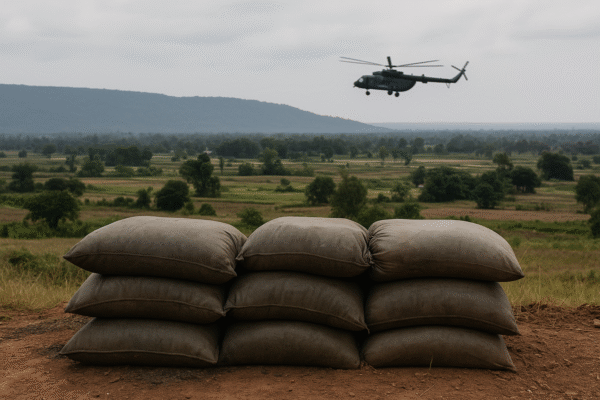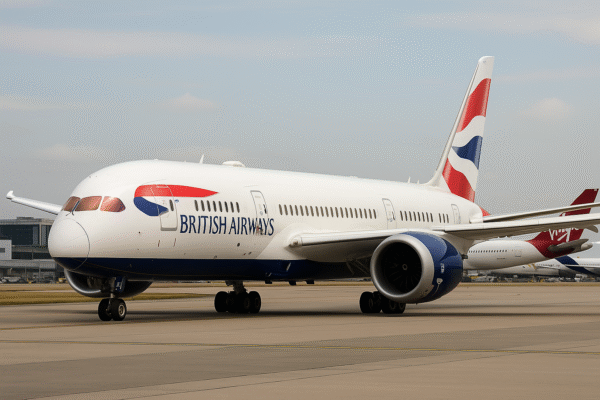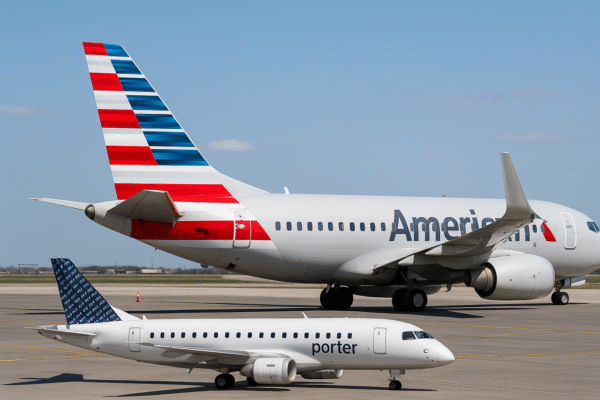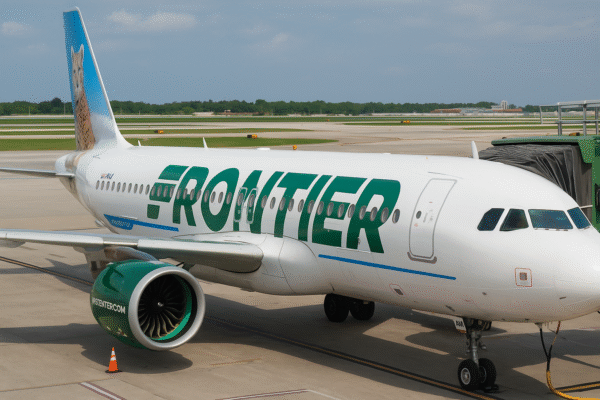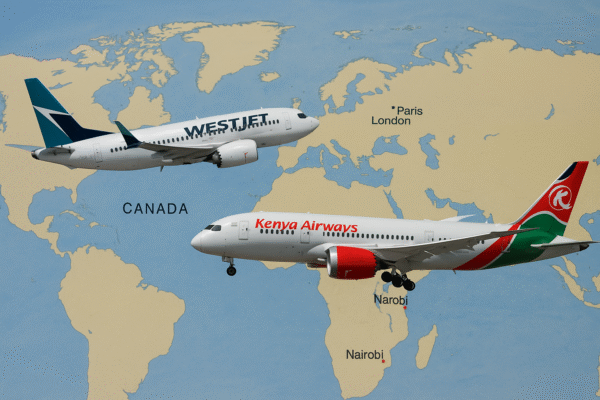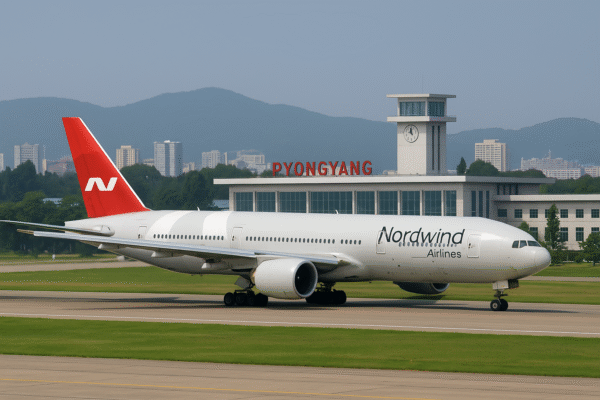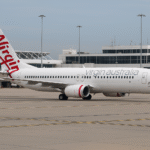Russia and North Korea Launch Direct Flights to Boost Tourism and Expand Strategic Influence in East Asia
In a move set to redefine bilateral cooperation in East Asia, Russia has officially launched a direct air route to North Korea, marking a significant development in regional tourism and geopolitical strategy. On July 27, 2025, Nordwind Airlines operated the inaugural flight from Moscow’s Sheremetyevo International Airport to Pyongyang Sunan International Airport, carrying over 400 passengers. This once-monthly service opens new travel channels for Russian tourists and business delegates while symbolizing the growing closeness between Moscow and Pyongyang amid broader shifts in global diplomacy.
The new air route reflects deepening economic and political collaboration between two countries historically bound by mutual interests and strategic resistance to Western influence. The move follows the partial resumption of international travel in North Korea, which had closed its borders for over three years due to the COVID-19 pandemic.
Enhanced Connectivity with Strategic Intent
The launch of the Moscow–Pyongyang route complements earlier services between Vladivostok and Pyongyang reinstated in 2023. This latest development extends Russian aviation influence into one of the world’s most secluded nations, strengthening ties and enabling structured tourism and trade growth.
According to Russia’s Ministry of Foreign Affairs, the move is “a continuation of efforts to diversify outbound travel options for Russian citizens and support diplomatic and economic initiatives in the Asia-Pacific region.” In parallel, North Korea’s State Tourism Administration has expressed its intention to cautiously expand tourism activities with select allies, especially as it rebuilds economically.
Wonsan-Kalma Resort: A Gateway for Russian Tourists
One of the key sites poised to benefit from the new air connectivity is the Wonsan-Kalma Coastal Tourist Zone. Located on North Korea’s eastern seaboard, this expansive resort area features beachfront hotels, recreation centers, and tourism infrastructure intended to accommodate up to 20,000 guests.
Russian Foreign Minister Sergey Lavrov’s recent visit to the resort area emphasized its importance as a future hub for foreign tourism. The visit was part of a broader diplomatic mission aimed at increasing Russia’s presence in the Korean Peninsula and supporting North Korea’s tourism recovery strategy. The Wonsan-Kalma project aligns with North Korea’s five-year economic development plan, which includes tourism diversification as a core goal.
Border Reopening and Economic Strategy
North Korea’s gradual reopening of its borders in 2024 and 2025 has been cautious and selective. Besides limited trade interactions with China, the resumption of flights to Russia marks one of the country’s first major steps toward broader international reintegration. According to North Korea’s Ministry of External Economic Relations, the renewed air connectivity is “integral to generating foreign currency, attracting tourism, and revitalizing local economic zones.”
Although foreign travel to North Korea remains tightly regulated, experts from the Korea Institute for National Unification (KINU) note that the selective reopening is designed to balance internal control with external revenue generation.
Russia’s Eastward Pivot and Tourism Diplomacy
From Russia’s standpoint, expanding travel partnerships in Asia—particularly with North Korea—is a part of its broader eastward pivot. With Western sanctions limiting outbound travel and trade opportunities, Moscow is deepening its engagement with nations in Asia, the Middle East, and Africa. North Korea, long diplomatically isolated yet strategically located, offers Russia a unique partner for asserting its presence in the East Asian geopolitical space.
Moscow’s promotion of tourism to Pyongyang also serves as a soft-power tool, aimed at fostering goodwill while exploring business and technology cooperation in sanctioned environments.
Geopolitical and Regional Implications
While the new air route is framed as a commercial and cultural initiative, analysts suggest deeper strategic implications. With both countries under international sanctions, increased cooperation could lay the groundwork for further partnerships in military, technological, or resource sectors.
Observers from the Center for Strategic and International Studies (CSIS) have flagged potential concerns among neighboring countries. Japan and South Korea are monitoring developments closely, particularly regarding compliance with U.N. sanctions and non-proliferation agreements.
Despite these concerns, the initial international response remains measured. The U.N. Panel of Experts on North Korea has yet to report any violations related to the new flights, although scrutiny is expected to increase if additional trade or defense cooperation emerges.
Tourism Growth Within a Controlled Framework
Although the scope of North Korea’s tourism industry remains limited, even incremental growth can yield significant economic benefits for the state. Local businesses in Pyongyang and Wonsan, including hotels, guided tour operators, and state-run souvenir shops, stand to benefit from increased tourist arrivals.
According to North Korea watchers, tourism remains one of the few legal and relatively open sectors through which the country can earn foreign currency. In the 2010s, pre-pandemic, the country attracted up to 100,000 foreign visitors annually—most from China. Russian tourism could gradually supplement this market, particularly with ruble-based transactions and government-backed tour packages.
Looking Ahead
The Moscow–Pyongyang flight marks a pivotal moment in Russia–North Korea relations, blending tourism promotion with strategic diplomacy. As both nations face isolation from the West, their partnership continues to evolve into a multifaceted alliance encompassing economics, regional influence, and cultural diplomacy.
Whether this new travel route will lead to lasting economic gains or stir geopolitical tensions remains to be seen. However, for now, it represents a concrete step in rekindling North Korea’s limited international engagement and amplifying Russia’s presence in East Asia’s evolving landscape.
For more travel news like this, keep reading Global Travel Wire







